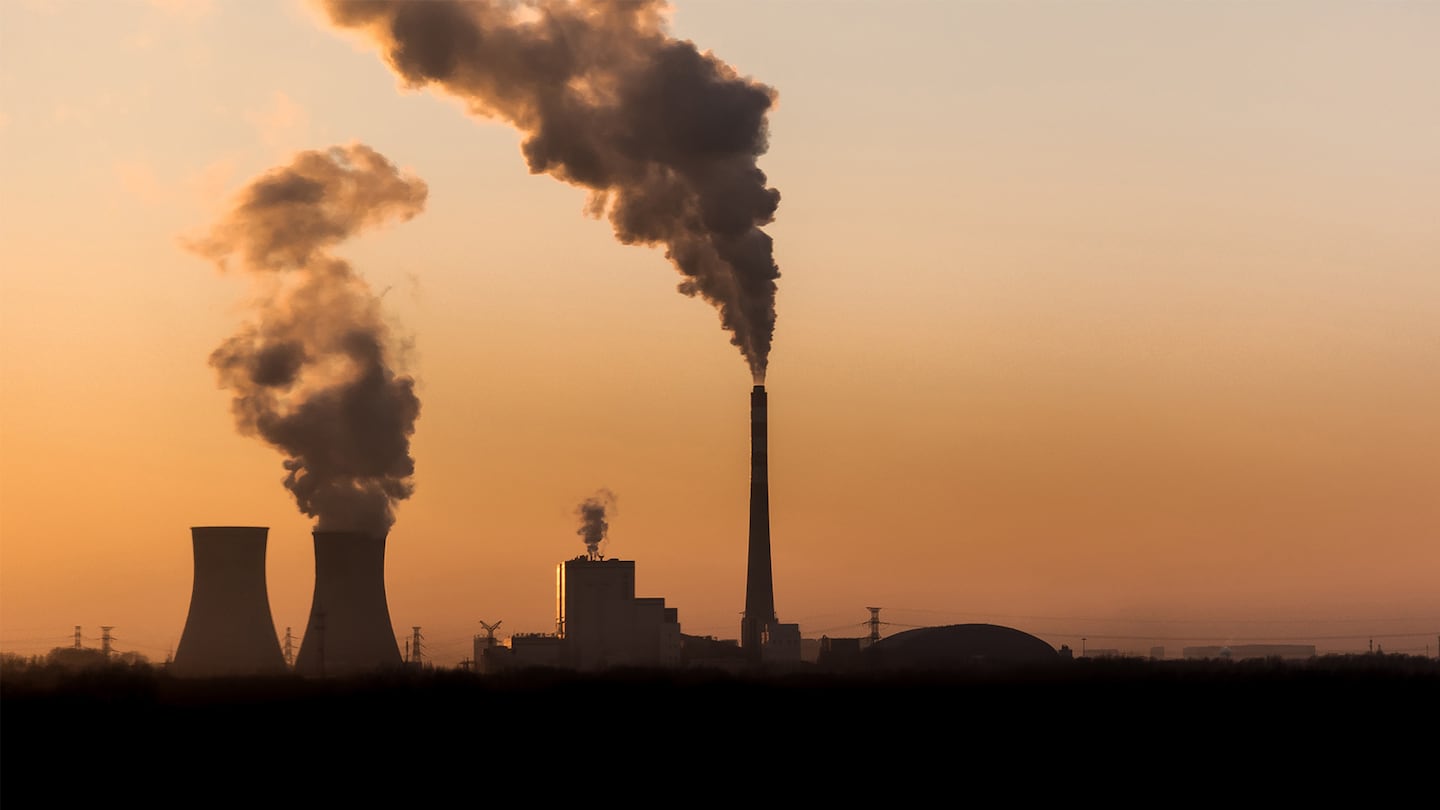
The Business of Fashion
Agenda-setting intelligence, analysis and advice for the global fashion community.

Agenda-setting intelligence, analysis and advice for the global fashion community.

The American fashion industry’s biggest trade groups have thrown their support behind a Californian move to make big businesses report on their greenhouse gas emissions.
Organisations including the American Apparel & Footwear Association and the Council of Fashion Designers of America announced their backing for the climate legislation in a public letter Wednesday. The proposed bill, known as SB 253, would require companies that do business in California and have revenue of more than $1 billion to report annually on emissions across their own operations and in their value chains.
If passed, the legislation would create the first broad-based climate disclosure rules in the US, moving the needle on an issue that has proved contentious among business leaders and policymakers.
Fashion’s support for the Californian bill comes as the industry has stepped up its policy engagement in response to growing efforts to regulate its environmental impact. In February, the AAFA, CFDA and partners published a manifesto for effective legislation. SB 253 meets those criteria, the organisations said in their public letter.
ADVERTISEMENT
Learn more:
Fashion Is Spending More to Shape Regulation
Over the last decade, the industry has ratcheted up its spending on lobbying efforts in the US. Now, emerging sustainability regulations are drawing increased attention.
A study published this week found traces of cotton from Xinjiang in nearly a fifth of the products it examined, highlighting the challenges brands face in policing their supply chains even as requirements to do so spread to raw materials from diamonds to leather and palm oil.
Overconsumption and fast fashion have become easy targets for brands flexing their climate-friendly attributes. Consumers may agree with the message — but take issue with a self-righteous tone.
Traces of cotton from Xinjiang were found in nearly a fifth of samples from American and global retailers, highlighting the challenges of complying with a US law aimed at blocking imports that could be linked to forced labour in China.
The fashion industry continues to advance voluntary and unlikely solutions to its plastic problem. Only higher prices will flip the script, writes Kenneth P. Pucker.